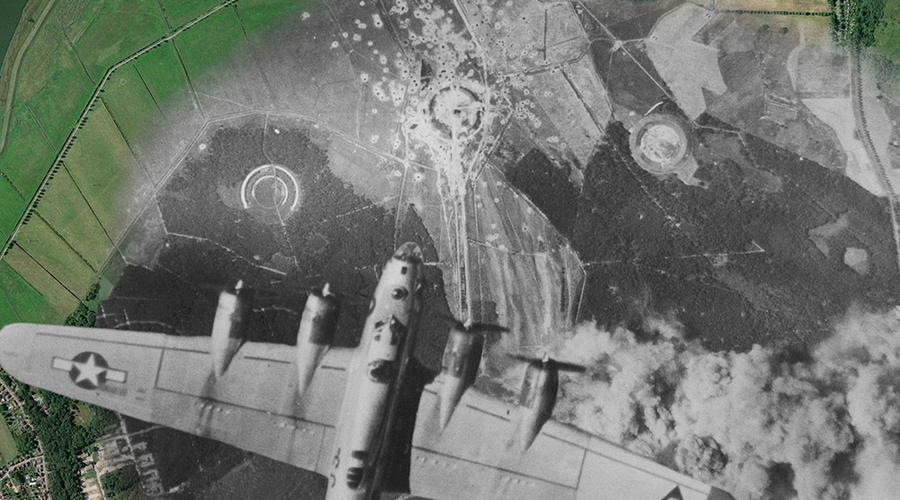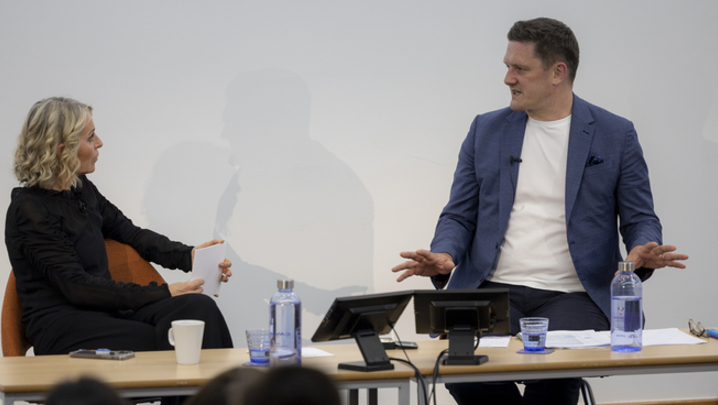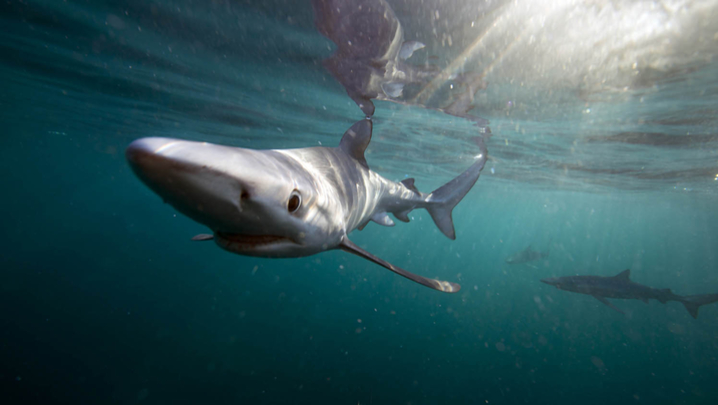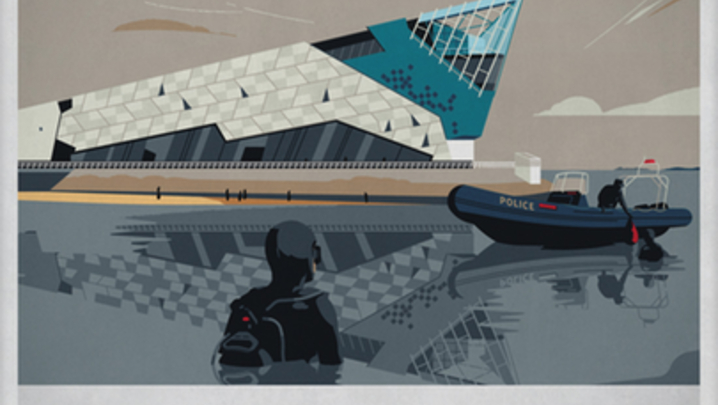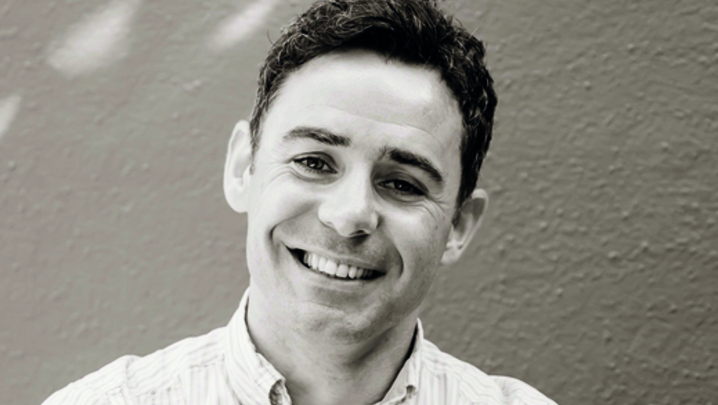“Before I joined the channel, I did make a couple of productions for Nat Geo, and even then I didn’t… really understand the system,” Sarah Peat told Wildscreen Chief Executive Lucie Muir at the RTS centre’s annual “Meet the commissioner” event at Bristol’s Watershed last month.
Peat worked as a producer at several Bristol-based indies before moving to National Geographic, where she is now Commissioning Executive Producer at Nat Geo International Channel. “Once I joined the channel and got inside it was a little bit Kafkaesque, because it’s a really big organisation and there are a lot of departments.”
A couple of years later and Peat is well versed in the channel’s workings and was able to shed light on the inner workings of the company. She explained the various pathways at National Geographic to the RTS audience, before highlighting the key genres that are commissioned for Nat Geo International, including the Second World War and ancient history.
“Our audience loves something that resonates,” Peat said. “This is, I think, why a lot of Second World War content is still so popular on International; people remember the stories of their fathers and grandfathers.”
One of the key challenges the channel faces is how to keep things fresh. Peat explained, with reference to the disaster genre, that they often come back to the phrase, “Old wine, new bottles.”
“We do stand by that. We know what our audience loves…. If they love disaster and want to see it, the challenge is, what’s the new vessel to present that in?”
There is also the task of adapting to changing viewing habits. “We’re keen, like everybody else, to make sure that we can attract a new audience,” Peat said, explaining that its current audience skews male, in the upper end of the 25-55 age group. “We haven’t quite figured out the magic solution yet for appealing to the core audience… and drawing in that younger audience, but that’s the goal.”
When it comes to pitching, Peat said: “There’s no need to produce a massive glossy document or sizzle…. If you want to send a paragraph… telling us what the idea is, we can get back to you quite quickly.”
But clarity is essential: “One thing that’s always really important to do… is to be really clear what the story is. What is the series that you want to make with us?”
Talent also plays a big part in the shows that Nat Geo commission, and Peat explained what stands out in their presenters: “It’s that ability to entertain and also educate. You’re not aware that somebody is giving you facts because they are just such good storytellers.”
Peat highlighted rising stars such as construction businessman Daniel Ashville and wildlife film-maker/biologist Dan O’Neill, who are both fronting shows for Nat Geo International.
As well as emerging talent, Peat welcomes the opportunity to work with new indies. “We know a good idea can come from anywhere – it can come from an individual, a new company, an established company – so we do just want the best content, and we want the best ideas.”

